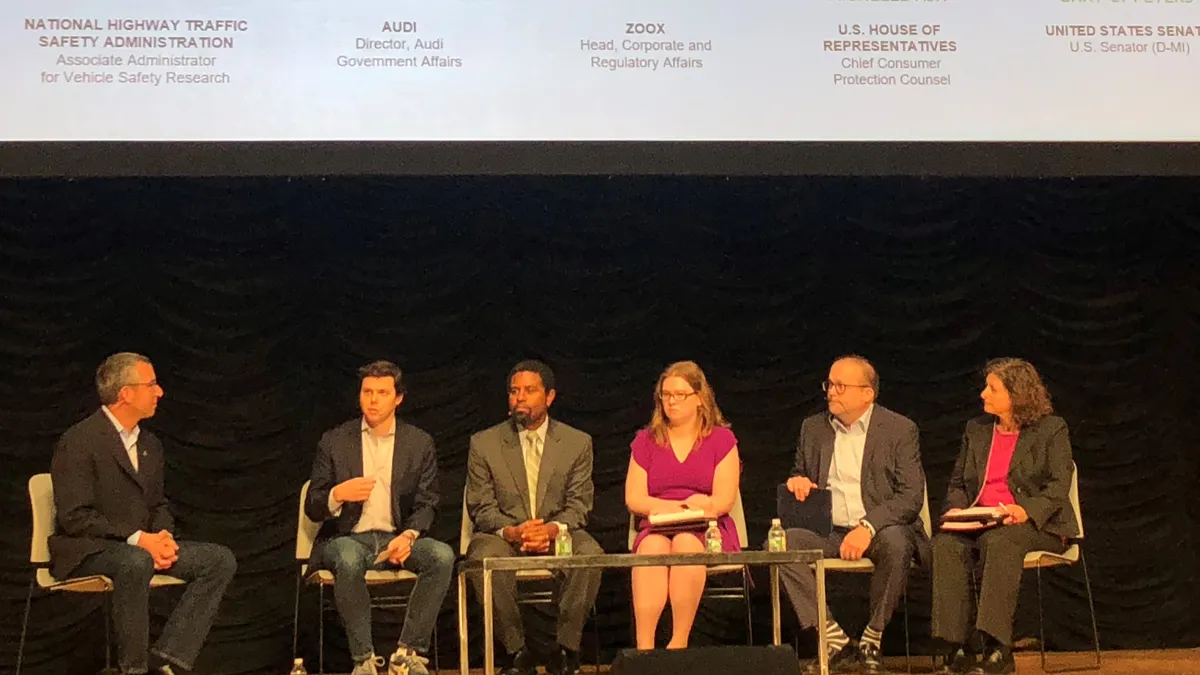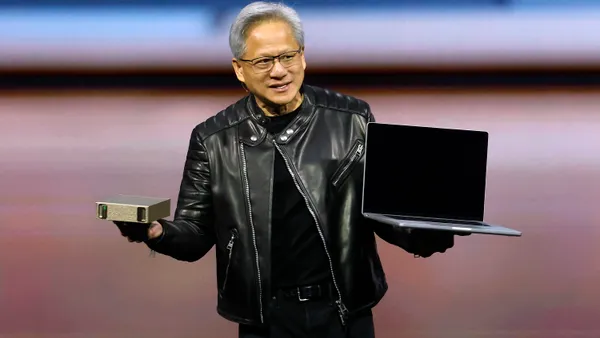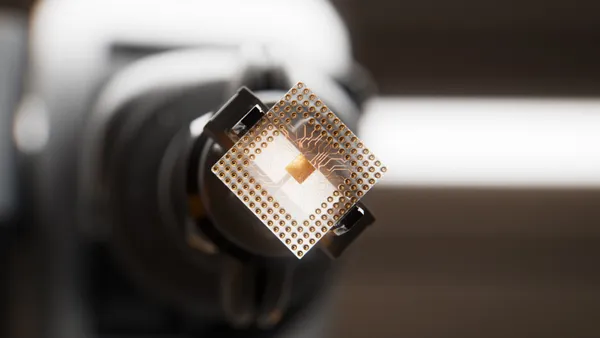Dive Brief:
- To promote public safety and clean environmental initiatives, autonomous vehicles' (AV) presence on roads is closer than ever, but Congress struggles to keep up with the tech. We no longer have to "live 10 years in the future," said Bert Kaufman, head of corporate and regulatory affairs at Zoox, speaking at the GPU Technology Conference in Washington D.C. Wednesday.
- The focus of AV is now "what comes after the car," as level five AV take the control away from the driver and gives it to AI, according to Kaufman. This raises new safety questions for the National Highway Traffic Safety Administration (NHTSA) such as whether or not to implement an emergency stop button, according to Nat Beuse, associate administrator at NHTSA.
- However, Congress' approach to AV-based legislation can be applauded for "not overly [prescribing] technology that may not be fully formed yet," said Brad Stertz, director of government affairs at Audi. Though the ability to craft laws will almost always lag behind the development of new technologies, he said.
Dive Insight:
For the first time, driving is no longer about avoiding people and objects. In fact, it's the opposite, according to Greg Estes, VP of developer marketing at NVIDIA. The role AI plays in AV is to purposefully interact with its surroundings to detect potential threats, interferences and to understand location.
Public safety and zero emissions are the driving force for AI-equipped vehicles but it's hard for agencies like NHTSA to timely construct regulations when the data of real-time and real-life implementation of AV is not yet obtainable. There are simply too few AVs on the road to effectively analyze data, according to Beuse.
In 2015, the fatality rate of traffic-related incidents increased by 8% from 2014 which is the largest year-over-year increase in 50 years. Human error was prescribed as the cause of 94% of those deaths.
But public skepticism and the lack of desire to relinquish the ability to drive is a barrier for public policy makers, according to Cherilyn Pascoe, professional staff member and investigator for the U.S. Senate.
Still, the Senate Commerce Committee approved a bill, called AV Start, to allow the "development of a U.S. standard for testing and deploying autonomous vehicles," in October.
The bill will allow more than 100,000 AV and comes with unanimous support from Congress and private entities. Many feel universal regulations could aid in further developing and testing the technology.















